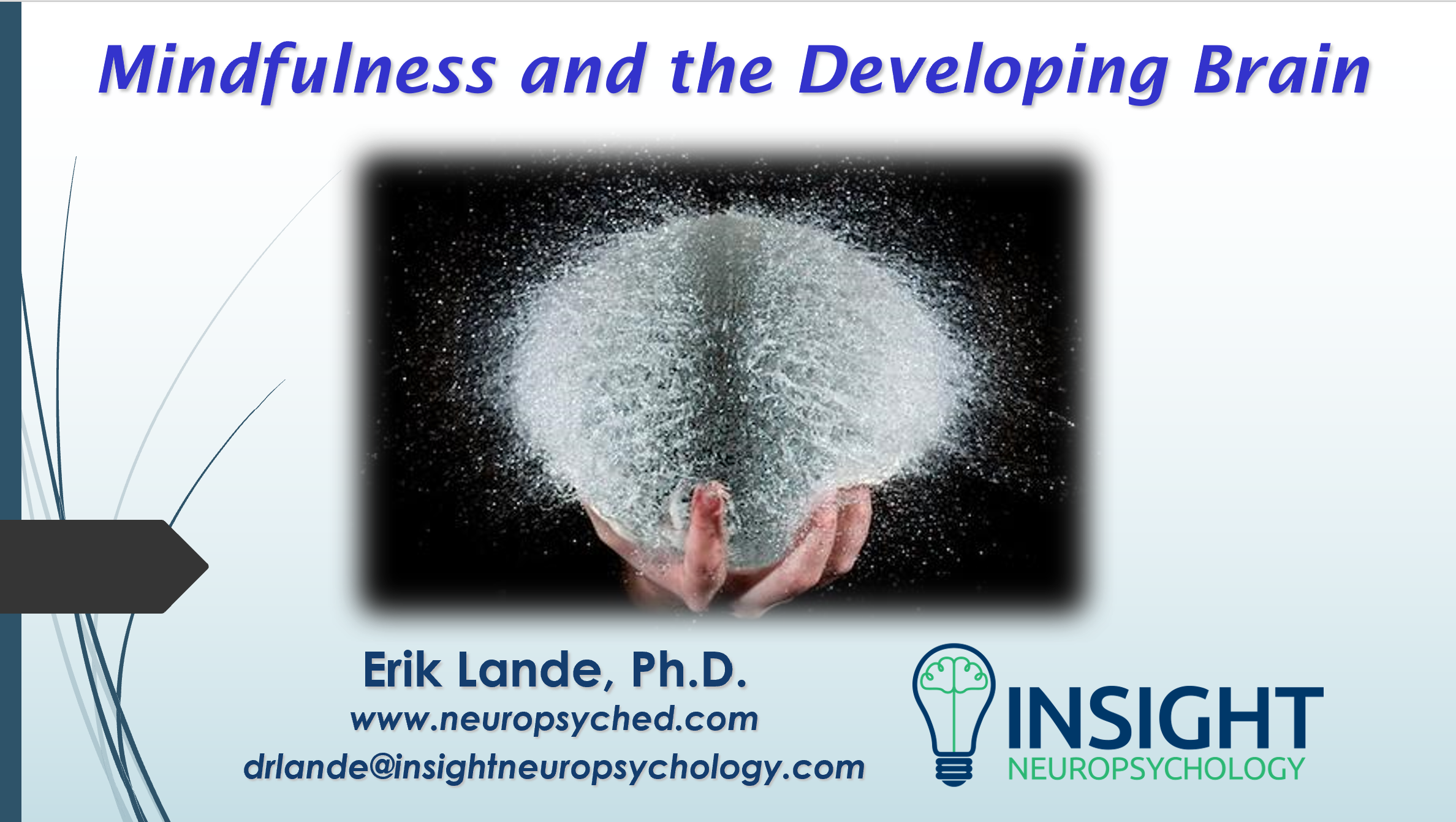Relaxation Strategies
Have you noticed that when you get anxious you start to breath more rapidly? Hyperventilatilating can actually make you feel more anxious. Stress itself can also have negative effects on us but it is important to remember that it did have a purpose.
Consider the fight or flight response. Your body gears up for action, getting you ready to fight or run away. Either way, it is meant to protect you from danger. Your body is reacting to stress to protect you, but it is also putting stress on you.
What is the relaxation response? The relaxation response is a specific process that happens within the body that directly combats the sensations of stress or the “fight or flight” response that occurs when your body senses danger. It provides a deep state of calm and reduces the negative effects of stress and anxiety.
Just as hyperventilation can make you anxious, there are also types of breathing that are more calming. One is Diaphragmatic breathing, or belly breathing. The diaphragm is a muscle that pulls air into your lungs. In the image, here, it is the band of tissue separating the two areas.




